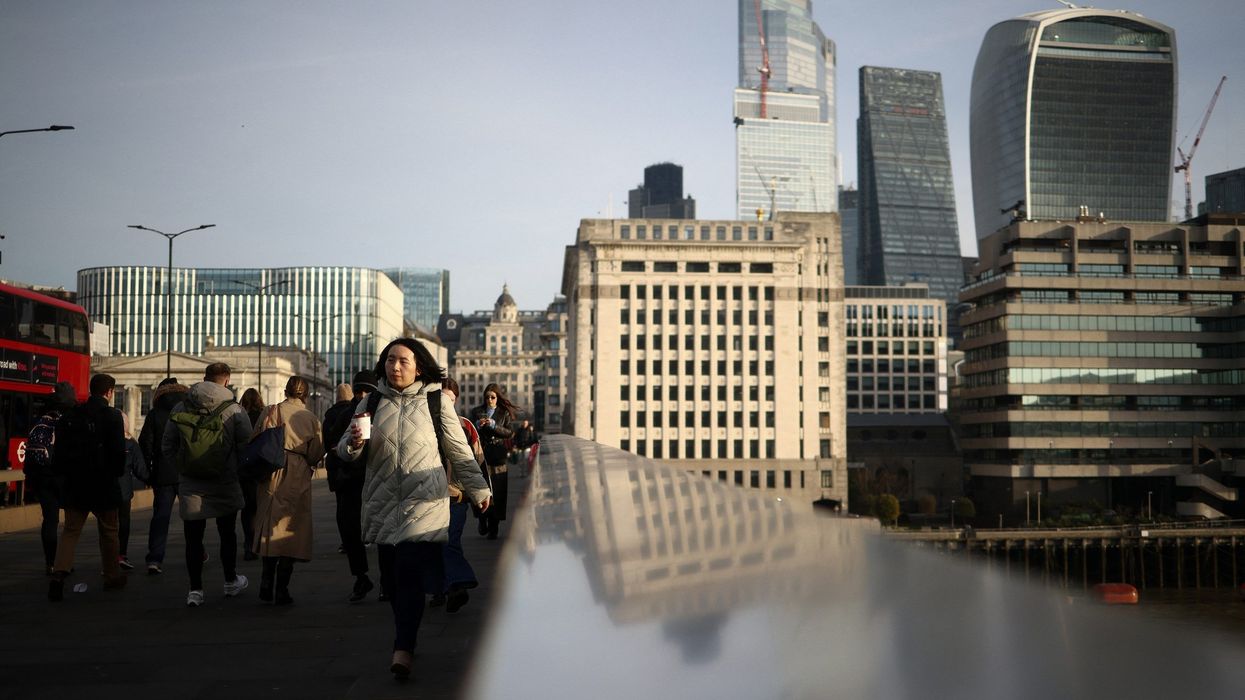BRITAIN's government is unlikely to be able to tempt back to work people who retired early during the Covid-19 pandemic, as most are better-off and few people return to work after lengthy periods out of the labour force, a think-tank said on Tuesday (21).
The Resolution Foundation, which focuses on issues affecting low and middle-earners, said the government would be better tackling issues such as the high cost of childcare and job support for current workers with poor physical or mental health.
Britain has seen a surge in the number of working-age people who are no longer in the labour market since the 2020 onset of the Covid-19 pandemic, prompting concern from both the government and the Bank of England.
Conservative finance minister Jeremy Hunt - who last month told The Times newspaper that over-50s should aspire to more than playing golf - is considering measures to boost labour force participation ahead of his March 15 budget.
"We need to reboot progress on getting people into work, but we're not going to achieve it by persuading the recent Covid cohort of older workers to 'unretire'," Resolution Foundation economist Louise Murphy said.
"Instead, we need to do more to encourage mothers in low-income families into work, and help people who need to take periods of time-off for ill-health stay attached to their jobs," she added.
Only one-in-10 people aged 55 to 59 who left the workforce since the pandemic were claiming welfare benefits, so changes to eligibility rules were unlikely to bring many back as workers, the think-tank said.
People who had been out of the labour force for two-and-a-half years - as is the case for those who retired in mid-2020 - historically had only a 2 per cent chance of returning to work in the next three months, it added.
If the government wanted to make early retirement less attractive in future, the Resolution Foundation said it should consider increasing further the minimum age at which people can access funds they have paid into private pension plans. This stands at 55, and is due to rise to 57 in 2028.
(Reuters)





